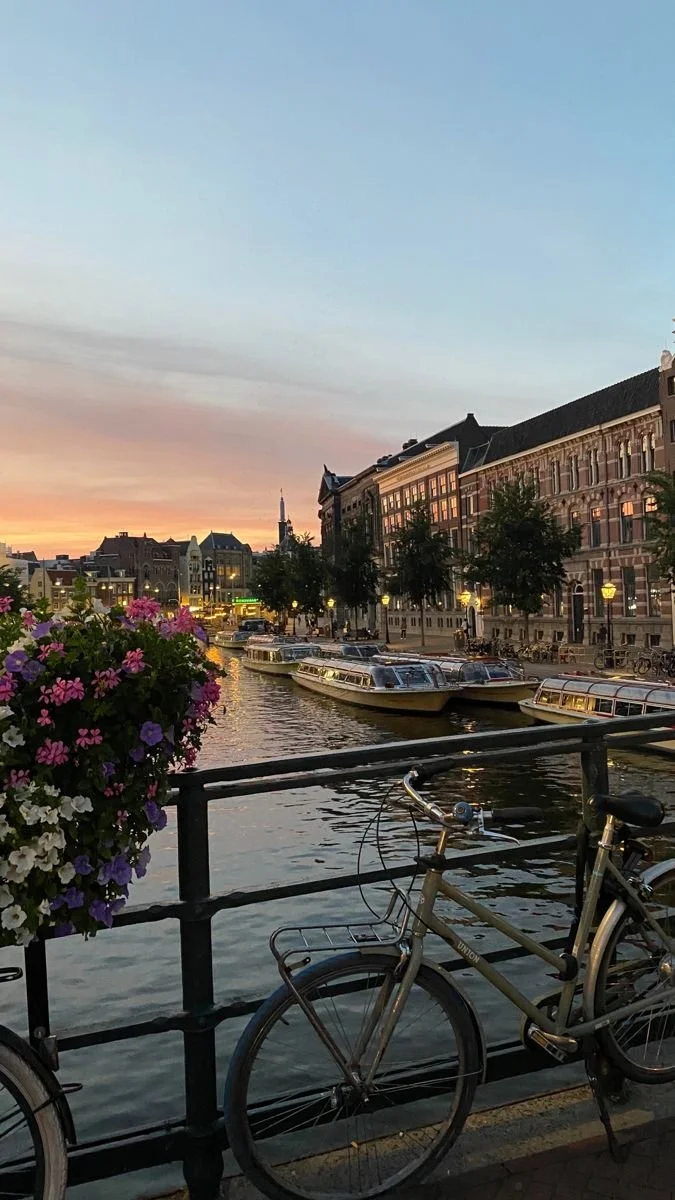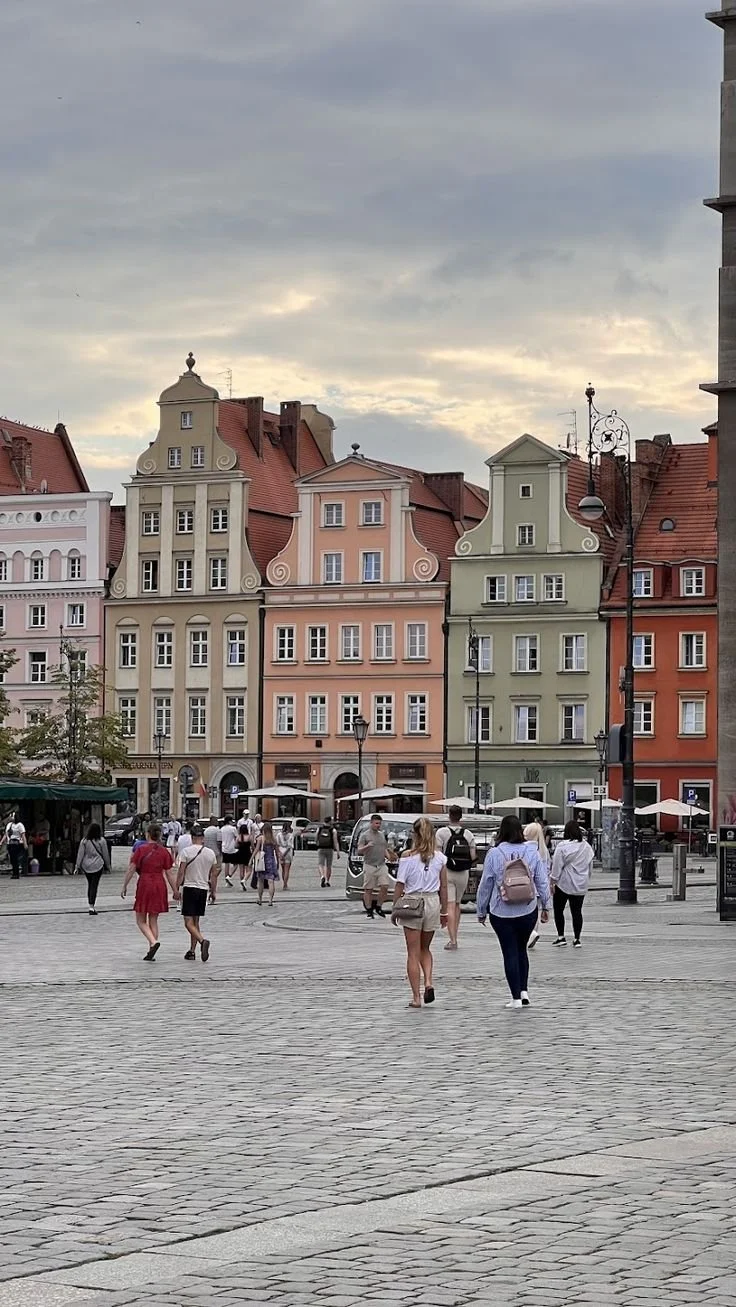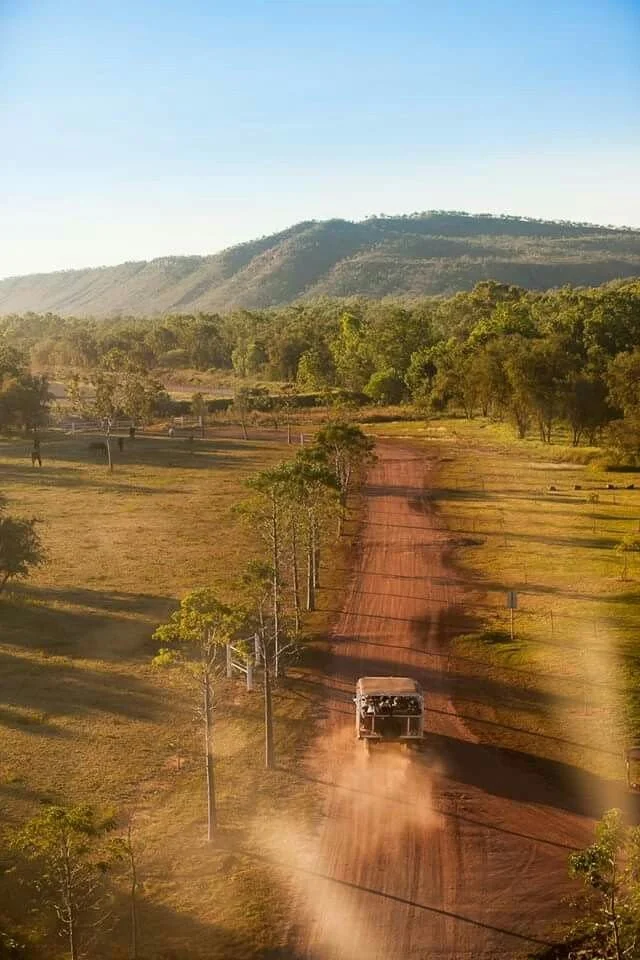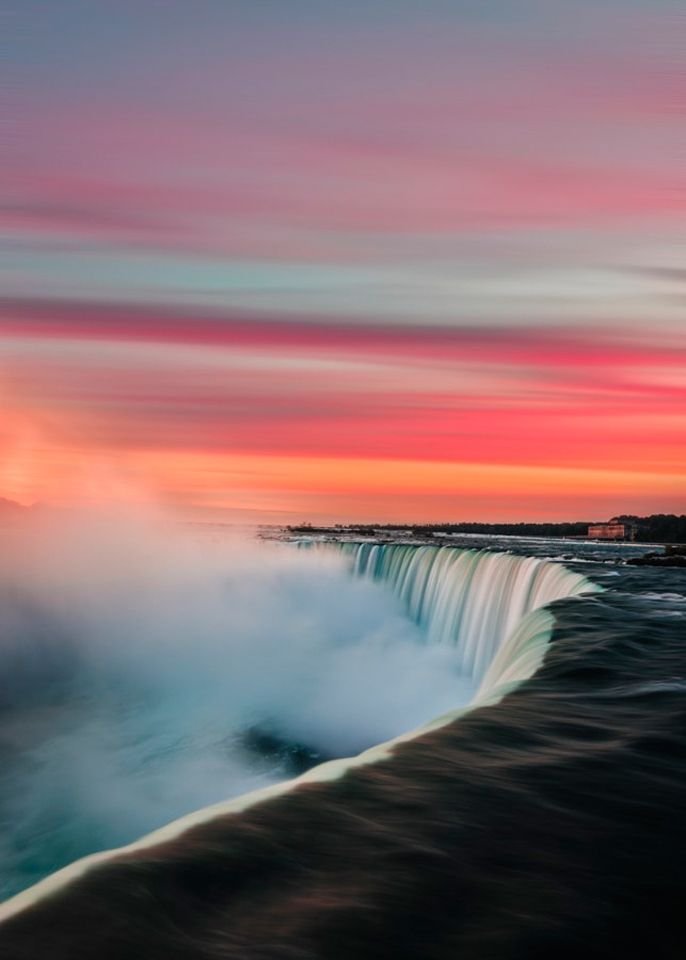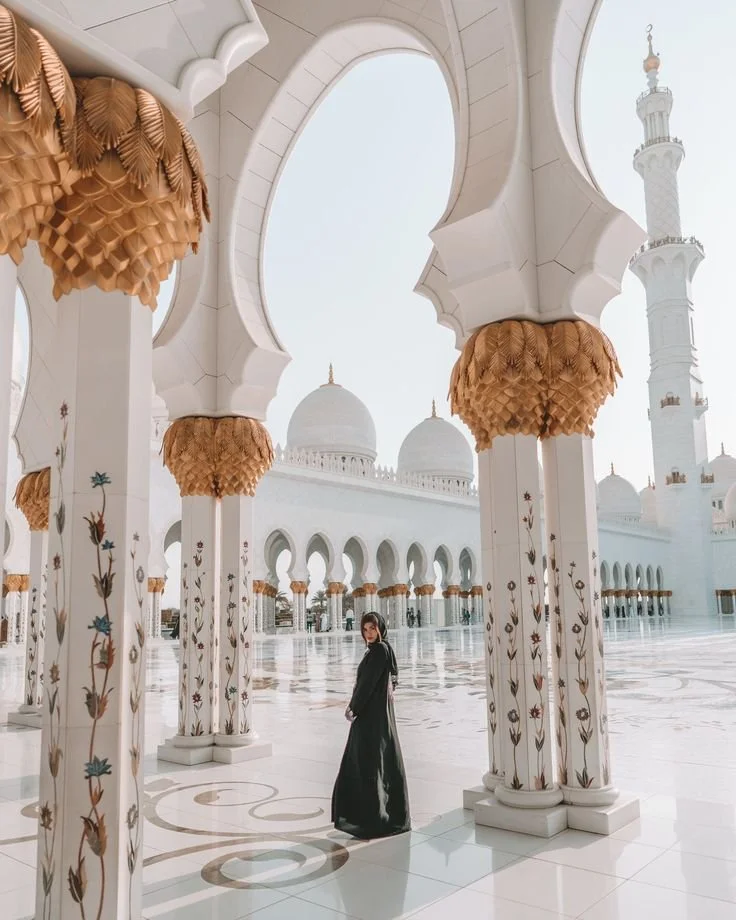Step back in time and embrace the captivating allure of historical tourism, a journey that transcends mere travel to immerse you deeply in the rich tapestries of bygone eras. Each destination offers a unique portal to the past, where stories, battles, and cultures that shaped our world come vividly to life.
From the echoing footsteps in ancient ruins to the silent whispers of old castles, historical tourism not only educates but also enchants, providing a profound connection to humanity's collective heritage. Let’s explore the world’s most spectacular historical sites and experience history not just as a spectator, but as an active participant.
No. 1
Ancient Civilizations
The remnants of ancient civilizations offer a tangible link to our world’s distant past, standing as monuments to human ingenuity and endurance.
In Egypt, the majestic pyramids at Giza rise from the sands—a testament to the complexities of ancient Egyptian society and their beliefs in the afterlife. Greece’s Parthenon perches atop the Acropolis in Athens, embodying the birth of democracy and Western philosophical thought. Meanwhile, the intricate stone carvings of Mexico’s Mayan temples at sites like Chichen Itza provide insight into a civilization renowned for its astronomical and mathematical precision.
Exploring these sites allows us to glean valuable insights into the social structures, daily lives, and spiritual endeavors of ancient peoples.
No. 2
Medieval Castles and Towns
Embark on a journey through the medieval period by exploring some of Europe’s most well-preserved castles and historic towns.
Walk the fortified walls of Carcassonne in France—a stunning example of medieval military architecture that transports visitors straight back to the Middle Ages. Or wander through the cobbled streets of Edinburgh, where the looming presence of Edinburgh Castle on Castle Rock dominates the skyline, offering insights into Scottish royal history.
For those wanting a taste of the Roman ways of living, colosseum underground tours are the perfect way to get a glimpse. These locations not only showcase remarkable architectural achievements but also tell the stories of feudal societies, strategic warfare, and the daily lives of their inhabitants. Booking tickets well in advance will also ensure that your tour is a great experience with the best seats.
No. 3
Renaissance Art and Architecture
Italy serves as a vibrant canvas for the Renaissance, the era of artistic and architectural revolution that illuminated Europe following the Middle Ages.
Cities like Florence and Venice are littered with an unparalleled legacy of art and architecture. Florence, the cradle of the Renaissance, offers awe-inspiring views of Brunelleschi's dome in the Florence Cathedral and countless galleries showcasing works by Michelangelo and Leonardo da Vinci. Venice, with its grand canals and palatial structures, displays the splendor of Venetian mastery in art and architecture.
These cities provide a direct link to the Renaissance, offering endless opportunities to explore the creative explosion that defined an era.
No. 4
Battlefield Tours and Military History
Visiting significant battlefields and military sites offers a poignant glimpse into the conflicts that have shaped history.
Tours of Normandy’s D-Day beaches in France allow visitors to stand where Allied forces landed in one of World War II's most decisive operations, providing a deep sense of the scale and gravity of the battle.
In the USA, Gettysburg, the site of the Civil War's turning point, offers detailed tours that recount the intense three-day conflict and its crucial impact on American history. These tours not only educate but also honor the sacrifices made, helping us understand the profound effects of these battles on the modern world.
No. 5
Living History Museums
Living history museums offer a unique, immersive experience by recreating historical settings and daily life with great authenticity.
Places like Colonial Williamsburg in the USA transport visitors back to the 18th century where actors in period attire enact scenarios from everyday colonial life, from blacksmithing to legislative discussions. This form of active storytelling engages visitors not just intellectually but emotionally, providing a deeper understanding of historical lifestyles and events.
Such museums play a crucial role in education, allowing people of all ages to experience history hands-on, making it accessible, engaging, and impactful.
No. 6
Historical Natural Sites
Natural sites often hold as much historical significance as they do ecological.
An example is "Whale Watching Long Beach," where the activity transcends simple observation of marine life, embedding visitors in the rich maritime history of the area. Such experiences offer insights into how historical human activities have shaped the present-day ecological landscape, and how the ocean has influenced human cultures and livelihoods.
Blending the natural beauty of the sea with narratives of historical events, these sites offer a comprehensive understanding of a region's heritage, bridging the gap between natural wonders and human history.
No. 7
Preserving History
The preservation of historical sites and artifacts is crucial for maintaining cultural heritage and ensuring that future generations have the opportunity to learn from the past.
Every artifact preserved and site maintained is a letter from history, providing insights and lessons for the present and future. Responsible tourism plays a pivotal role in these efforts, as it encourages visitors to respect and contribute to the conservation of these invaluable resources.
Historical sites are our last opportunities to help our future generations understand their roots and also the past of humanity. As several such locations get desecrated due to wars and under-preservation, it is more important than ever to step up and help.
By supporting local preservation initiatives and adhering to guidelines that minimize impact, tourists can help sustain the historical integrity of these treasures for years to come.
Takeaways
Historical tourism offers a unique and enriching way to connect with the past, opening doors to deep cultural understanding and personal insight. By exploring ancient ruins, majestic castles, battlefields, and living history museums, travelers can gain a profound appreciation of the events and people that have shaped our world.
These journeys into history are not merely educational; they are transformative experiences that can change how we view our place in the timeline of human civilization. We encourage you to embark on your own historical adventure, to engage directly with the treasures of the past, and to discover the enduring impact of history on our modern world.






